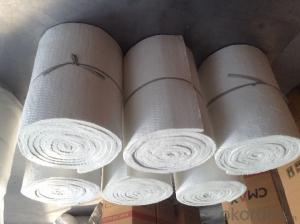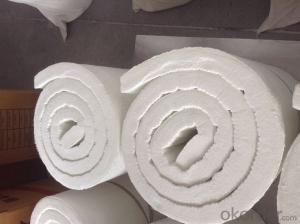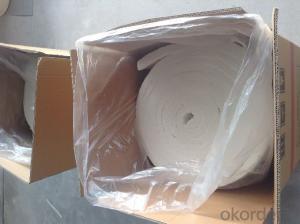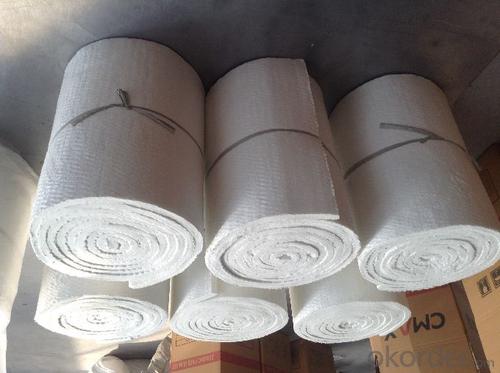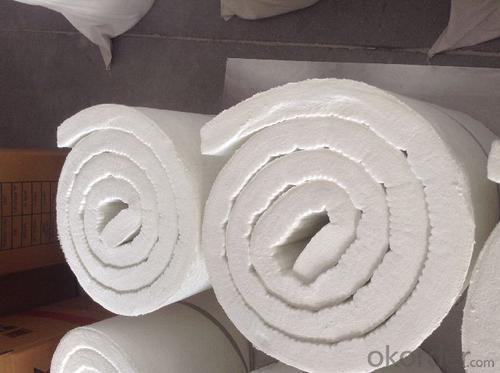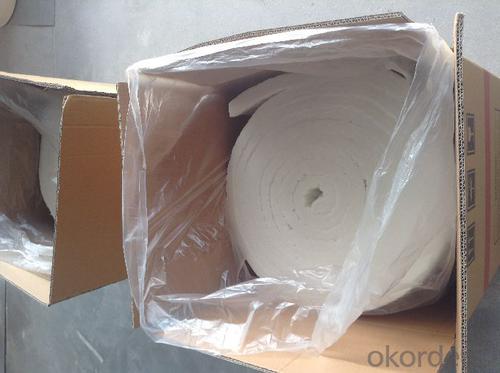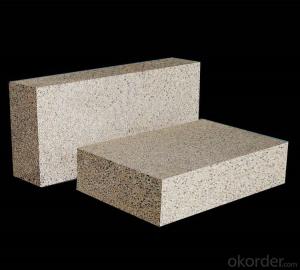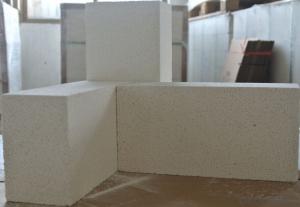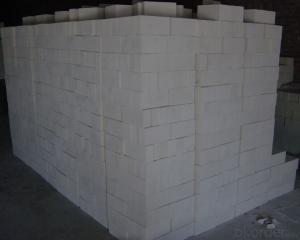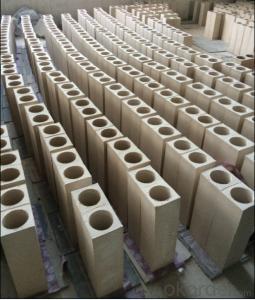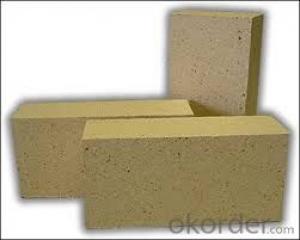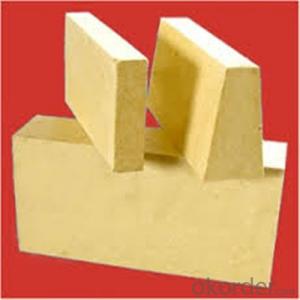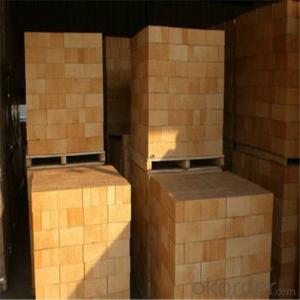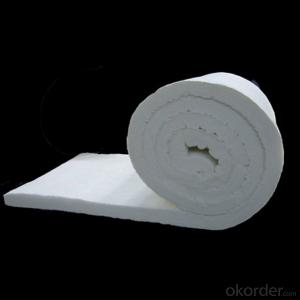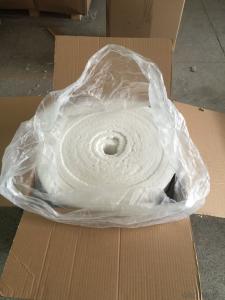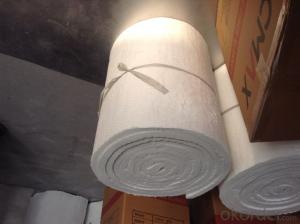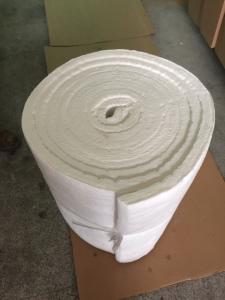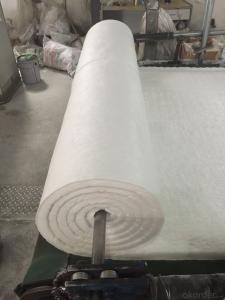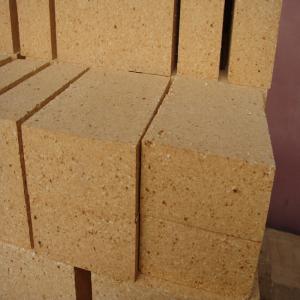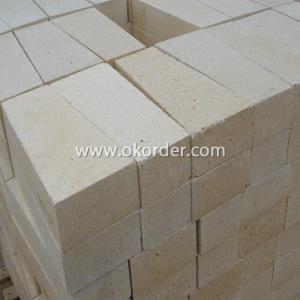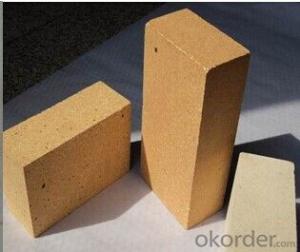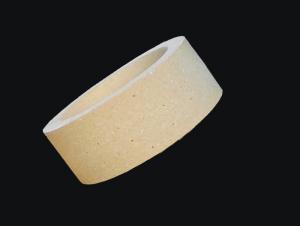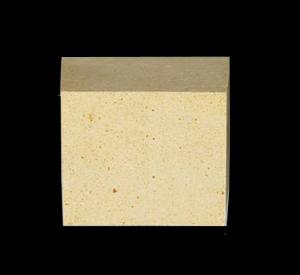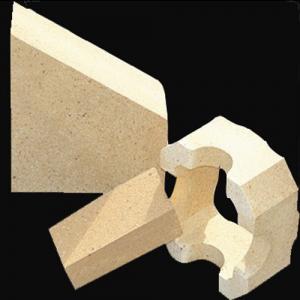Fireclay Brick Ceramic Fiber Blanket Refractory Blanket HA 1350C
- Loading Port:
- Qingdao
- Payment Terms:
- TT OR LC
- Min Order Qty:
- 225 roll
- Supply Capability:
- 31500 roll/month
OKorder Service Pledge
OKorder Financial Service
You Might Also Like
General information:
Cmax ceramic fiber blanket is made from high quality gao-ling clay, high purity alumina and silica oxides by spun or blown process. It is asbestos free. No chemical binder is added. Double-size needling provides blanket with great tensile or handling strength for easy installation. Blankets are available in various classified temperature from 1260ºC to 1430ºC.
Cmax ceramic fibre blanket is resistant to most chemicals attack except hydrofluoric phosphoric acid and high pH alkali(na2o or k2o).
Advantages:
Heat reflectance
Light weight
Flexible
Resilient to thermal stock
High tensile strength
Corrosion resistance
Easy to install
Asbestos free
Application:
Petrochemical process heater refractory fiber lining
Heat treating furnace or intermittent (shuttle) kiln hot face lining
General furnace backup insulation
Heat seals for kiln car or furnace door
Electrical insulator
High temperature acoustic
Fire protection
Non-standard sizes are available upon request.
| TECHNIQUE DATA | |||||||
| STD | HP | HA | HZ | ||||
| CLASSIFICATION TEMPERATURE(C) | 1260 | 1260 | 1350 | 1450 | |||
| WORKING TEMPERATURE(C) | 1000 | 1050 | 1200 | 1350 | |||
| COLOR | WHITE | WHITE | WHITE | WHITE | |||
| BULK DENSITY(kg/m 3 ) | 96/128 | 96/128 | 96/128 | 96/129 | |||
| THERMAL SHRINKAGE 24HRS (Density 128kg/m 3 ) | ≤ 3 | ≤ 3 | ≤ 3.5 | ≤ 3.5 | |||
| THERMAL CONDUCTIVITY(W/m. k) (Density 128kg/m3 ) | |||||||
| 800C | 0.15 | 0.176 | 0.160 | 0.155 | |||
| 1000C | 0.170 | 0.220 | 0.180 | 0.230 | |||
| 1200C | - | - | 0.260 | 0.31 | |||
| CHEMICAL COMPOSITION(%) | |||||||
| Al2O3 | 45-46 | 45-46 | 53-55 | 38-54 | |||
| SiO2+Al2O3 | 98.5 | 99 | 99 | 82-90 | |||
| ZrO2 | - | - | - | 13-18 | |||
| Fe2O3 | ≤ 0.4 | ≤ 0.3 | ≤ 0.3 | ≤ 0.3 | |||
- Q: In tunnel kiln, what is the meaning of refractory proportion 2.0?
- That is the volume density of the refractory brick
- Q: What is the meaning of special shaped refractory brick material n-2b?
- In fact, there are many kinds of refractory bricks, titanium, high alumina refractory brick, after drying. The mineral composition of the clay brick is mainly kaolinite (Al2O3·2SiO2·2H2O) and 6% ~ 7% impurities (K, etc.). Clay refractory bricks are iron oxide sintered by 50% soft clay and 50% hard clay clinker ingredients according to a certain granularity requirements under the high temperature of 1300 ~ 1400 degrees), perlite
- Q: Which is better for tunnel kiln suspended ceiling, refractory brick or ceramic fiber module ?
- If there is no strong hot erosion by airflow, then module is certainly better
- Q: Is refractory brick afraid of rain?
- High alumina clay is not afraid of rain, but covering is better, magnesium carbon refractory brick had better not be rained.
- Q: th choose of different refractory bricks in the rotary?kiln
- According to the characteristics of each belt, magnesium chromium brick. Take the most kiln foe example, the configuration of kiln refractory is not the same, the burning of the product is not the same. there are many kinds of rotary kiln. magnesia bricks are generally used in high temperature zone, anti-stripping alumina brick,silmo brick are used in temperate zone, clay brick is mainly used in low temperature zone. generally inlet and the outlet use corundum mullite, wear-resistant castable, spinel brick,etc. select brick of proper performance, but also take into account the economy
- Q: What are the specifications of clay brick and cement brick construction?
- Clay to clay (including shale, coal gangue powder) as the main raw material, through mud processing, molding, drying and roasting and.
- Q: Are refractory bricks necessarily needed to build a kitchen stove?
- It will be better to use refractory bricks for long term because of its high temperature resistance
- Q: can castable refractory replace refractory bricks in rotary?kiln?
- Rotary kiln has special casting material, completely can replace the refractory brick.
- Q: The service life of the refractory brick of the intermediate frequency electric furnace, how long is the replacement period.
- There is no standard. As long as the induction coil can be fixed and furnace lining can be built, the service life will be different. Replace it if it's broken, and there is no problem to take it apart. Buy a backup. And the textures of refractory brick are not the same in different places.
- Q: Can porous clay bricks be made of 12 walls to bear weight?
- A porous clay brick, made of 12 walls, does not bear weight. The wall is too thin. The load-bearing wall needs 24 walls at least.
Send your message to us
Fireclay Brick Ceramic Fiber Blanket Refractory Blanket HA 1350C
- Loading Port:
- Qingdao
- Payment Terms:
- TT OR LC
- Min Order Qty:
- 225 roll
- Supply Capability:
- 31500 roll/month
OKorder Service Pledge
OKorder Financial Service
Similar products
Hot products
Hot Searches
Related keywords
